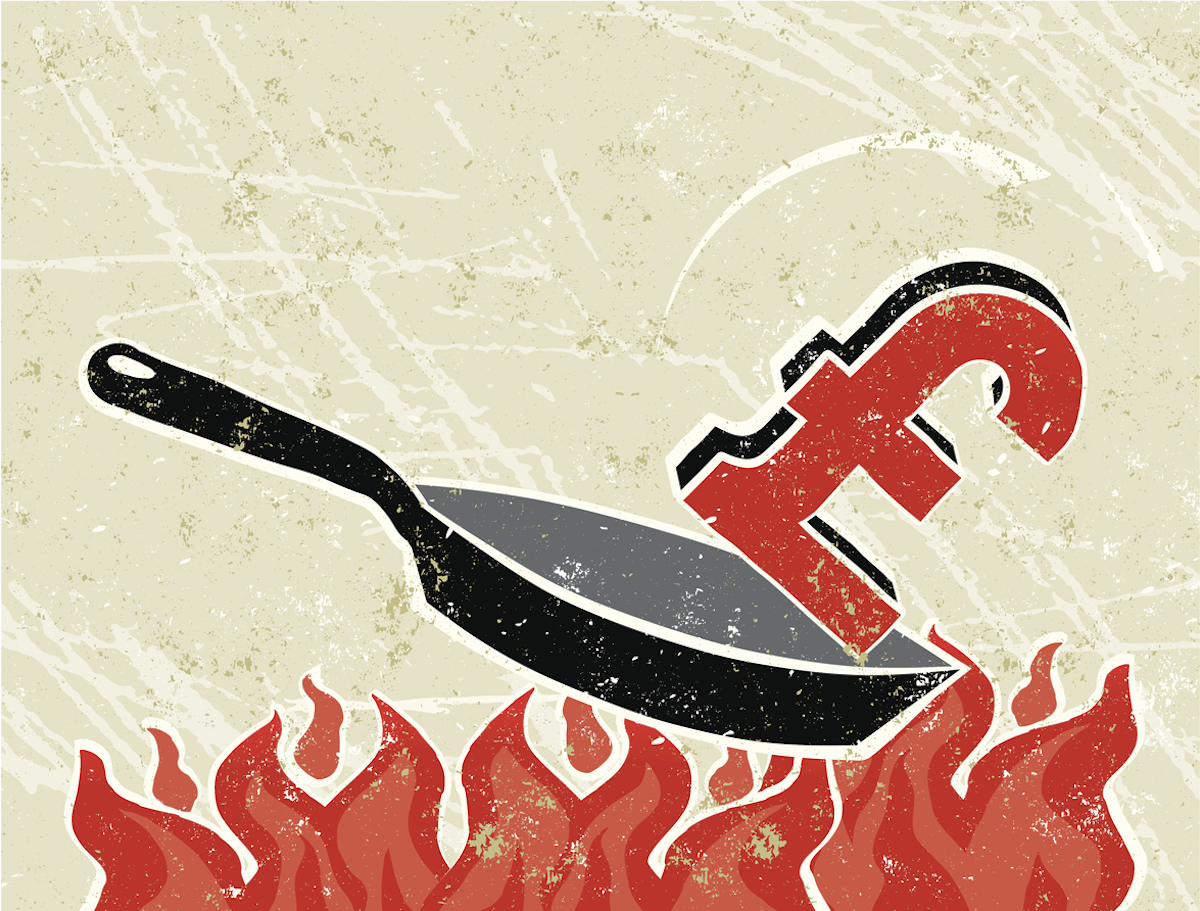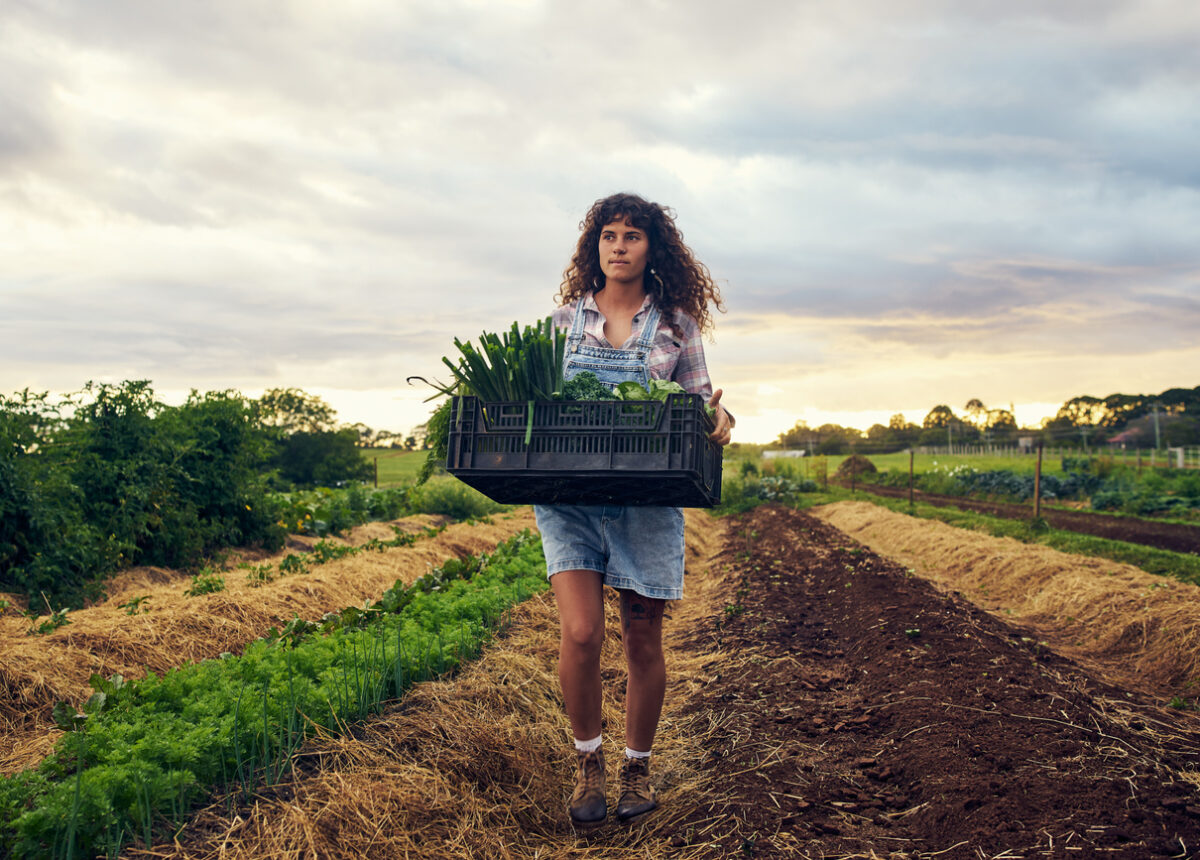A week in news: further troubles brewing for farms – the latest food and drink headlines 5-9 December

The overarching issues plaguing the food industry – labour shortages, resource inflation and the climate crisis – were out in full force this week. This week’s food news included a warning from farmers that scarcity of certain foods could become a common occurrence unless a more equitable food system is achieved. Also negatively impacting UK food production is the seasonal worker scheme, which many stakeholders are concerned endangers and exploits vulnerable migrant workers.
Some more positive food news came out of this week, however. Pub chain Marston’s revealed it had reached pre-pandemic earnings once more, thanks in part to the boost given by the World Cup. Meanwhile, the innovative spirit inherent in the food industry was exemplified with Mondelēz’s announcement of a new sugar- and fat-cutting technology. Plus, Food Matters Live’s just-announced Sustainable Food Forum promises a stage for yet more innovation, this time focussed on addressing the climate crisis.
These were the biggest food news headlines of the week.
Supermarkets warn seasonal worker visa puts migrants at risk of exploitation
It was revealed this week that UK supermarkets are increasingly concerned the Government’s seasonal worker visa is compromising their public pledges on preventing human rights abuses within supply chains. According to a report from The Guardian, the country’s biggest grocery chains have warned the badly designed scheme puts vulnerable migrants at risk of exploitation.
The seasonal worker scheme (SWS) visa was developed to plug the gaps left in the UK labour market post-Brexit – particularly in relation to farm labour. However many have criticised the scheme as not being fit for purpose – find out why.
Farmers warn UK is ‘sleepwalking’ into food crisis
Farmers are increasingly struggling with the cost of food production, to the point that the UK faces a full-blown crisis in the coming months, according to the National Farmers’ Union. Eggs are already in short supply, and union head Minette Batters said this could soon be followed by other dairy, meat and fresh produce.
The soaring cost of the ‘three Fs’ – fuel, feed and fertiliser – are to blame, the NFU said. In a press conference, Batters urged for more fairness at all stages of the supply chain, to help farmers combat the challenges ahead: “It is about cost of production, and it is about sharing that cost equally through the supply chain. At the moment you have got all of the cost, all of the risk sitting on the primary producer.”
Food Matters Live announces the launch of the Sustainable Food Forum and Sustainable Food Week
Food Matters Live announced the news this week that its newly launched Sustainable Food Forum will take place in September 2023 at the prestigious Wellcome Collection in London. The two-day event will focus on an inspirational programme of international keynote speakers, together with country-specific panel discussions showcasing challenges and initiatives in sustainable food formulation.
With the climate crisis looming, and an ever-growing global population to provide for, finding pathways toward sustainable food systems is more important than ever. Learn more about the inaugural event and accompanying Sustainable Food Week.
Mondelēz says it can reduce sugar and fat in chocolate by 75% using plant-based fibres
Health-conscious chocolate lovers were dealt a win this week, following news Mondelēz International had developed a way of reformulating confectionery using 75% less sugar and fat. Food researchers at the company’s R&D sites in Reading and Bournville in the UK, as well as Europe and the US, developed the new technique using chicory root fibre.
Mondelēz says the fibres can be utilised across a range of different confectioneries to create lower fat, lower sugar, and lower calorie versions. The ingredient can be used in honeycomb, caramel, nougat, marshmallow, and fudge. Explore the science behind the solution.
Government delays HFSS advertising ban for the second time
The Government is delaying the 9pm watershed ban on TV and online advertising for foods high in fat, salt and sugar (HFSS) to 2025.
This marks the second time the ban has been pushed back. The policy was originally supposed to come into play in January 2023 alongside a ban on promotional deals like ‘buy one get one free’, but earlier in May, former Prime Minister Boris Johnson announced its implementation would be delayed until 2024. Find out why it’s been pushed back again.
And finally…German trains to offer coffee in porcelain cups to cut waste
In a bid to slash the amount of single-use waste produced from people getting their morning caffeine fix, Deutsche Bahn has announced passengers will be offered porcelain cups from next year. The move is part of the company’s pledge to become carbon neutral by 2040.
For those ordering food, porcelain plates will also be on offer. These zero plastic options will be free of charge from the trains’ bistros, and come without the need to pay a deposit. The service will be available to anyone ordering on Deutsche Bahn intercity and high-speed services. Plastic and cardboard packaging will still be available at the request of customers.








